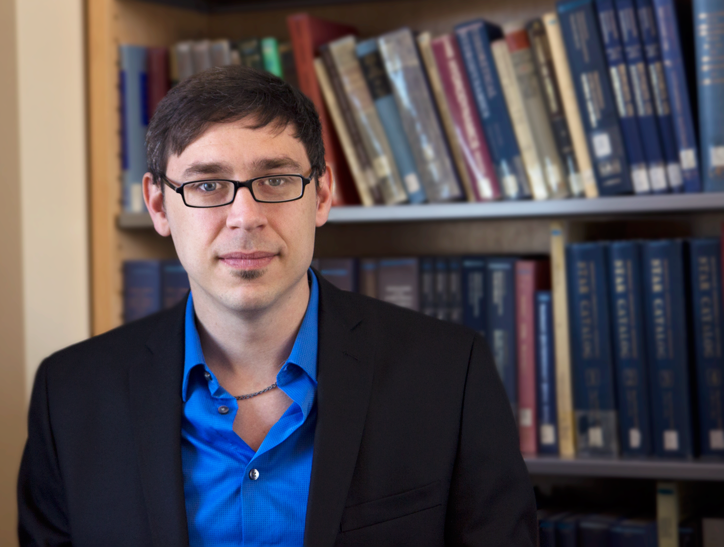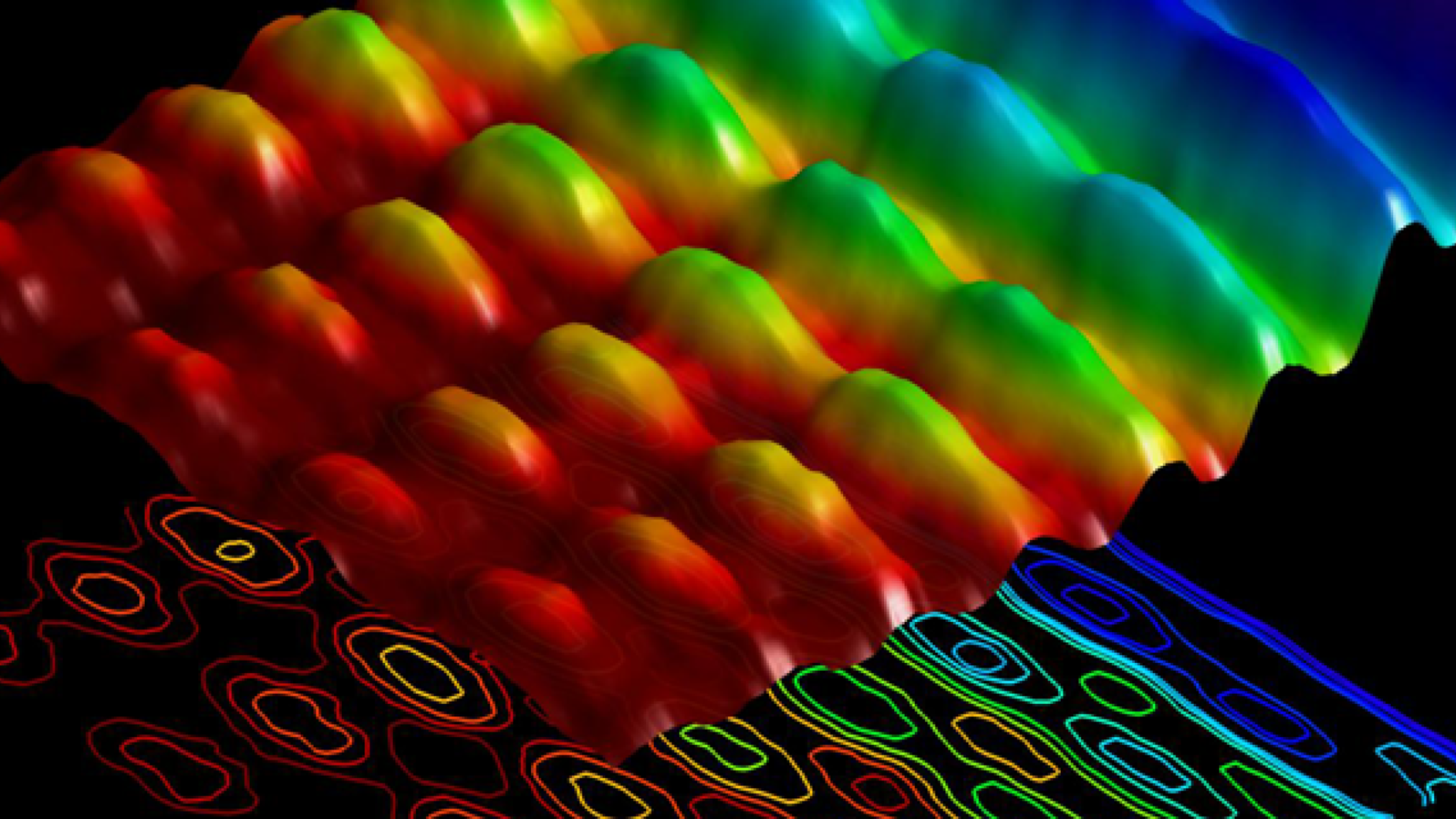Peer-reviewed physics for Wikipedia: PLOS ONE Topic Pages
Wikipedia pages on physics have a huge impact. The numbers speak for themselves. The page “Quantum computing” is viewed in excess of 3,000 times every day. “Nanotechnology” is viewed in excess of 2,000 times per day. Even a topic like “Monte Carlo method” is viewed 2,000 times per day. I could teach every semester for my entire lifetime and not reach as many students as these Wikipedia pages reach in a single day.
Science Wikipedia pages aren’t just for non-experts. Physicists – researchers, professors, and students – use Wikipedia daily. When I need the transition temperature for a Bose-Einstein condensate (prefactor and all), or when I want to learn about the details of an unfamiliar quantum algorithm, Wikipedia is my first stop. When a graduate student sends me research notes that rely on unfamiliar algebraic structures, they reference Wikipedia. The influence on academics is even directly apparent in their publications: Language from Wikipedia articles has been found to influence the language of academic papers after just a couple years.
Despite Wikipedia’s importance as a resource for both practicing physicists and the wider community, it is rare for professional physicists to contribute, in part because there are few, if any, professional incentives to do so. We’re all in agreement that researchers should receive proper attribution for our work (which is why PLOS ONE supports ORCID); and as credit is not given for submitting or editing Wikipedia pages, only a small fraction of the physicists that I asked about this have edited even a single Wikipedia page.
With this in mind, we’re excited to introduce PLOS ONE Topic Pages, which are peer-reviewed review articles written with Wikipedia in mind. These provide opportunities for author attribution and will result in both journal articles and Wikipedia pages of high quality and utility.

What are Topic Pages?
Topic pages are 2-stage publications:
- A peer-reviewed ‘article’ in PLOS ONE, which is fixed, peer-reviewed openly via the PLOS Wiki and citable, giving information about that particular topic.
- That finalized article is then submitted to Wikipedia, which becomes a living version of the document that the community can refine, build on, and keep up to date.
PLOS Computational Biology has created similar topic pages, findable through this collection.
Topic Pages combine features of Wikipedia (e.g., a living document, hyperlinking) with services associated with top-tier journal publications. Examples of these services include editing by active physics researchers (PLOS Academic Editors such as myself), peer review, open access, and visibility associated with PLOS ONE. Importantly, Topic Pages are citable, with citations indexed by standard citation indices. Publication charges do not apply to Topic Pages, PLOS ONE provides support for free to help improve physics content on Wikipedia.
Please submit your PLOS ONE Topic Page! We are initially welcoming articles on topics in quantum physics, but over time we plan to expand to all of physics. If you have an idea for a Topic Page, please check whether the article would be in line with the author guidelines on the PLOS Wiki before contacting onecalls@plos.org.
We believe Topic Pages will become an invaluable resource for physicists. It’s also new, unexplored territory for physics publications, and as such some experimentation will be necessary. We welcome feedback! Share your ideas with us at onecalls@plos.org or @QuantumHazzard on twitter.
Featured Image Credit:Fabrizio Carbone/EPFL
This blog post was amended on 9 January 2019 to reflect that publication charges do not apply to Topic Pages.
